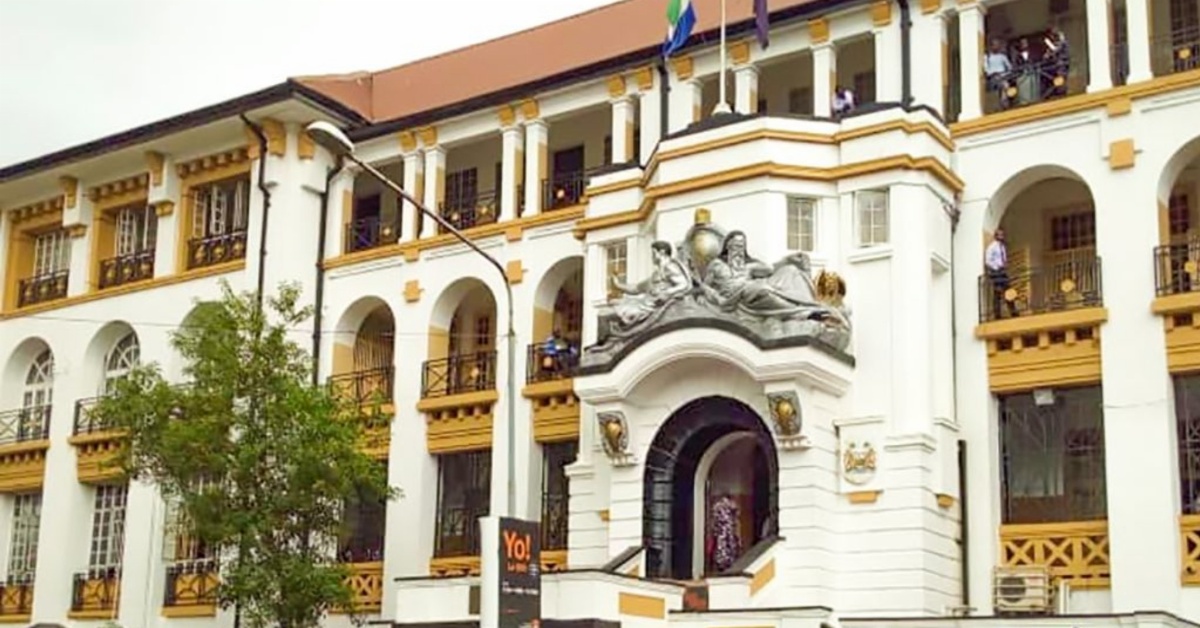In a dramatic turn of events at the ongoing treason trial, Mohamed Jalloh, the second accused, has vehemently denied all charges against him, claiming he was coerced and tortured into confessing by police authorities. Addressing Justice Komba Kamanda, Jalloh expressed his desire to change his initial decision to testify from the dock and instead give an unsworn testimony.
In his statement, Jalloh emphasized his innocence, citing evidence from his call logs which, he asserted, confirmed his whereabouts at the time of the alleged incident. According to Jalloh, he had been in Kissy, attending his brother’s wedding on November 25, 2023, and remained there until the following day.
Detailing the events leading to his arrest, Jalloh recounted being startled by a police raid on his home days later, despite his unawareness of any wrongdoing. He described a brutal encounter with armed military personnel who allegedly tortured him severely, leaving him injured and bleeding. Jalloh claimed that his association with military equipment found at his residence was due to his brother’s military service, which the authorities allegedly disregarded.
During his testimony, Jalloh described being transferred between police stations, where he continued to face accusations and harsh treatment, including electrocution and torture alongside a fellow detainee who did not survive. Despite being denied access to family and proper medical care initially, Jalloh maintained his innocence throughout questioning by senior military personnel.
In a poignant appeal to the court, Jalloh highlighted the lack of direct evidence linking him to the alleged crimes and refuted claims of conspiracy with individuals he claimed not to have known until his incarceration. He expressed profound distress over the ordeal, underscoring the psychological toll of the accusations and subsequent mistreatment.
As the trial progresses, Jalloh’s testimony challenges the prosecution’s narrative, raising significant questions about the handling of the case and allegations of human rights abuses. With testimonies like Jalloh’s shedding light on alleged police misconduct and coerced confessions, the trial continues to captivate public attention and scrutiny, underscoring broader concerns about justice and due process in the legal system.












All these rigmaroles are meant to waste the time and resources of the court. These coup plotters should have been executed two days after their arrests. President Bio is over democratic. I honestly do not know who he is trying to please.